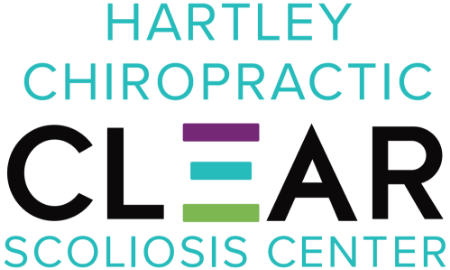In conclusion, increasing evidence suggests a strong relationship between gut microbiota and PD. The gut influence is thought to be larger than first believed, with Braak’s hypothesis the most promising in explaining a GIT impact in PD pathophysiology. This theory has been supported through a range of pathological studies investigating the role of alpha-synuclein and other neuropathological changes within the disease progression. Clinical studies have provided further supplementary evidence of GIT symptomology, dietary impact, and changes in gut microbiota levels in PD.
The variety of GIT symptoms and conditions experienced by patients may be associated with the underlying pathophysiological origins of the disease. Recognition of these symptoms in the early stages of the disease could be important indicators leading to a prompt diagnosis and improved holistic management. However, it is important to note that the gut/microbiota may not be entirely involved in the prodromal phase of all PD patients and as such a focused systemic approach should be undertaken as suggested by Heinzel et al. [190]. Furthermore, at present, limited studies have explored the role of gut symptoms in early-disease stages. By detecting GIT symptoms in the early stages, it could be possible to associate this with the initial pathophysiological changes.
Current evidence indicates that diet is important in PD development and progression. Food therapies could not only be imperative in lowering the risk of PD, but also improve symptom severity. Combined with current medication, nutritional approaches might also improve bioavailability and pharmacological effects. The majority of dietary findings in PD studies are based on either epidemiological or meta-analyses, with little information on how diet impacts on an individual level. More research in this area is needed as it may provide novel insight into the importance of nutrition on symptom severity and gut microbiota changes, which in turn could provide the basis for new treatments. The link between PUFA’s and PD should be thoroughly investigated as this is still unclear. Studies have suggested PUFA’s may have anti-inflammatory and neuroprotective properties, with increased consumption of PUFA’s shown to reduce PD risk. However, other studies suggest PUFA’s may lead to neuronal degeneration within the substantia nigra through the involvement of oxidative radical formation. With further investigation, these food compounds could easily be tailored in everyday diet to adjust the risk of PD accordingly. Moreover, the MD could also be a key step in PD research. The clear health benefits of this diet are well known, and through either a prospective cohort or case-control study, the results may impact on our everyday diet. Finally, vitamins have been thought to influence the risk of PD although the link is still debatable. Vitamins C, D, and E are theorized to be neuroprotective, and through investigating the role of multivitamins in PD, perhaps by taking a daily multivitamin tablet, the advantages may include reducing risk, improving symptomology, and with widespread multisystem benefits.
There are limitations to our review article which are needed to be taken into consideration. For the purpose of the current review, we deliberately chose a narrative review since the current research body on this topic is very limited making a systematic review less feasible. Instead, we wanted to raise the awareness of the topic and its current research findings to the wider research community. Throughout this paper we have added limitations and future directions highlighting the need for forthcoming systematic reviews. We have also used recent high-quality research where applicable, e.g., from meta-analyses and articles to ensure the content in our review is reliable and reduce bias.
As summarized in this review, the role of gut microbiota in PD is suggested to be significant. Variances gut in the microbiome profiles of PD patients are associated with dysbiosis which in turn is linked with gastrointestinal disease and parkinsonian features. Lactobacillus and Prevotellacea are the two most exciting bacterial taxa which are linked with PD. In particular, the role of these species within probiotics and fecal transplantation may be a successful future treatment in PD. A study researching these specific probiotics in a prospective cohort study of PD patients would be a step in discovering the viability of these treatments. It would be also of interest if research explored the impact of nutrition on gut microbiota, particularly in members of the same household. The rationale behind recruiting cohabiting couples who live together involves similar dietary patterns and environmental microbiota. This dyadic approach has been shown to reduce the variability in background diet patterns and microbiota composition. Finally, to note, there has been little exploration into the different stages of PD and gut microbiota. Longitudinal studies in the prodromal as well as clinical phase of PD considering multi-omics, environmental and deeply phenotypic clinical data may advance our understanding of the links between microbiota and PD.
Read entire article at link below.
https://www.ncbi.nlm.nih.gov/pmc/articles/PMC8609682/
Follow our social media, You Tube Channel and Blog or write review with link below. https://www.hartleychiropracticsaintaugustine.com/blog/

